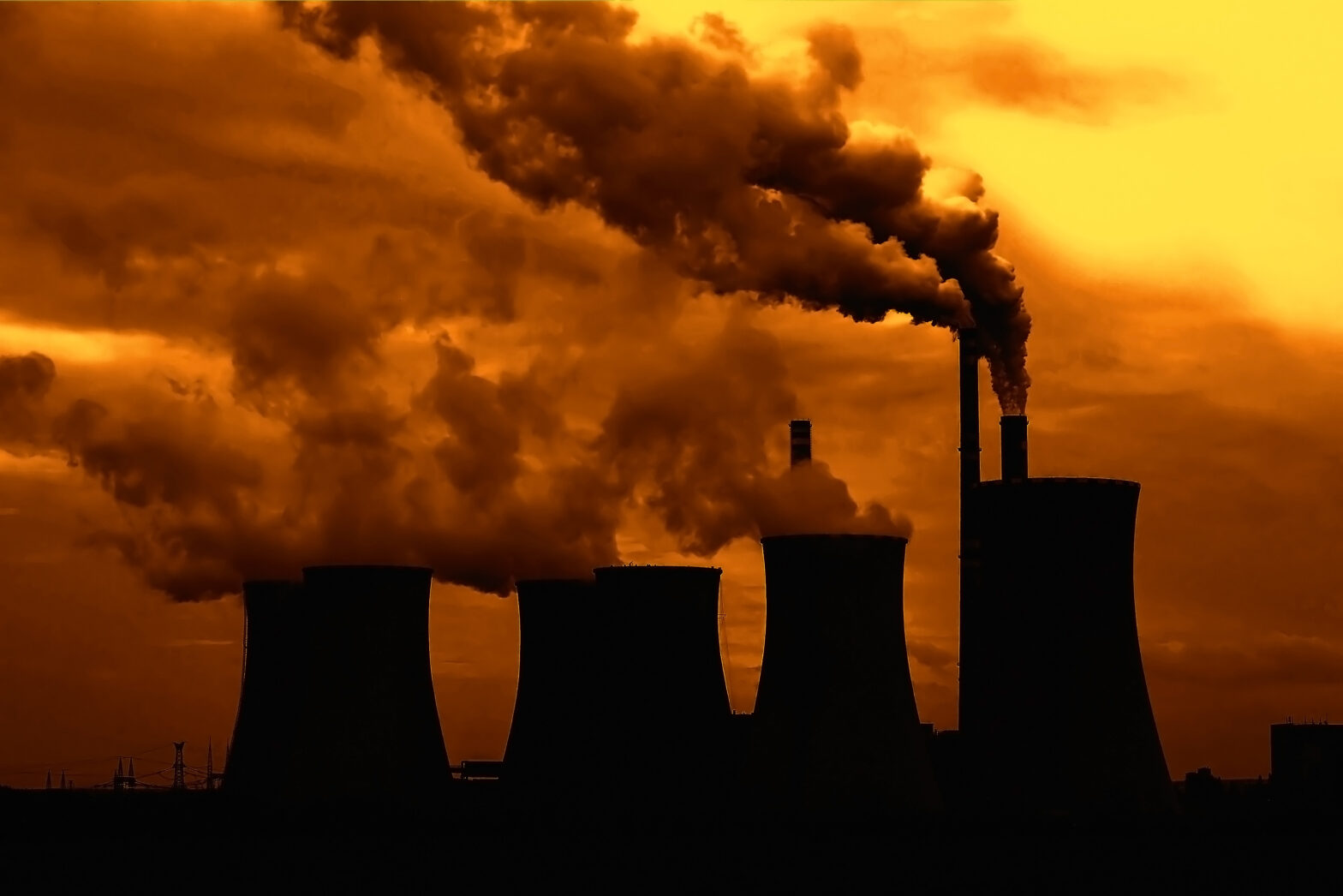Today marks the first working day without coal in the UK since the industrial revolution, according to National Grid, which could herald a catalyst in bringing renewables into the mainstream.
The amount of coal used in the UK has been declining since 2016, when coal power generation dropped to a record low in Q2, making up just 5.8 per cent of the nation’s energy mix from 7.25 per cent the previous year. Natural gas made up 45.2 per cent of the UK’s energy mix in the same period, which is widely seen as a non-renewable source. So what’s next?
Last May, the UK generated more power from the sun than coal, producing 1.38 terawatt hours compared to coal’s 0.89 terawatt hours. Earlier this year, wind power made up 11.5 per cent of UK’s power mix, compared to coal (9.2 per cent), suggesting a natural shift away from non-renewable energy.
David Elmes, the head of the Warwick Business School Global Energy Research Network, believes that a coal-free UK could pose considerable challenges, along with a large number of opportunities. “Coal has been a vital part of the UK over my lifetime, and due recognition to the people who made that happen, but this is an exciting step in the huge transition the UK is making to an electricity system that’s still affordable and reliable but more sustainable through using gas rather than coal,” he says.
“There are still challenges and opportunities ahead. Using less coal is not just about changing the fuel used in power stations, it’s a shift in the way we generate, store and use energy from big centralised solutions like large power stations and the national network of pylons and cables we use to move electricity around. We already see a move to more local, distributed ways that energy is made and used, in our homes, communities and in industry.”
The current government is amid a consultation about its intention to remove coal completely by 2025; but it seems that it may well be gone before then, according to WBS professor of global energy, Michael Bradshaw. As an expert in the UK’s gas and coal industry, Bradsahw has co-authored a report for UKERC entitled The Future Role of Natural Gas in the UK to explore the energy options that lie ahead.
What will replace that coal in the power generation mix?
“The government talks of the need for ‘new’ gas power generation and is concerned that the current capacity mechanism is not incentivising sufficient investment. The reason for this is that there is considerable uncertainty over the future role of gas in UK power generation. In 2015 power generation accounted for 22.2 per cent of UK gas demand, the household sector 30.2 per cent and industry 20.2 per cent. A study by UKERC on the future role of natural gas in the UK highlights the complexities surrounding the role of gas in the ongoing low carbon transition,” Bradshaw explains.
“Natural gas is a fossil fuel, but when burned to generate electricity it produces about half the amount of carbon dioxide that would be emitted from coal. However, the future trajectory of the UK’s energy mix is constrained by the 2008 Climate Change Act and its commitment to reduce carbon dioxide emissions by 80 per cent over 1990 levels by 2050. This requires the almost total decarbonisation of the energy system. With coal gone from the power generation mix by 2025 at the latest, gas becomes the high-carbon fuel in the mix.”
Bradshaw believes that there are two possible paths if natural gas is to remain part of the solution, rather than the next problem.
“The first would be to use carbon capture and storage (CCS) to significantly reduce the emissions of gas power generation. But the Government cancelled its support CCS back in November 2015, for ‘purely fiscal reasons.’ Hopefully, support for CCS will form part of the new Industrial Strategy,” he says.
“The second path is to ‘decarbonise’ natural gas itself, but using methane to produce hydrogen requires CCS and the other options – biogas and biomethane – are unlikely to provide a large-scale solution.”






